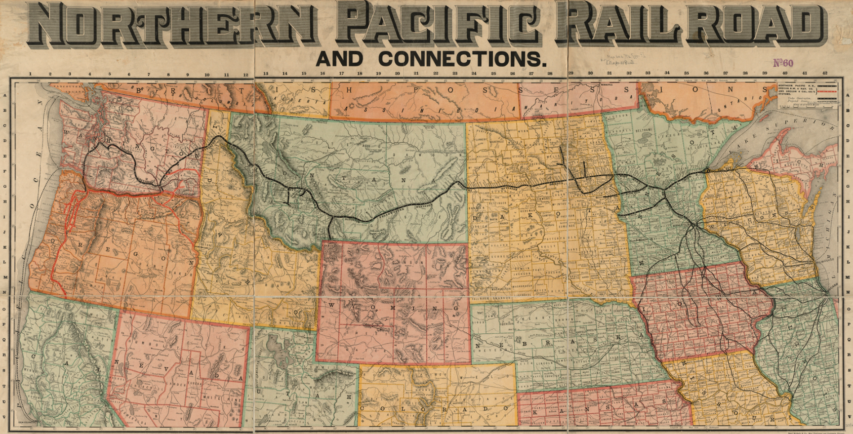In the free-to-cheapskates portion of his Weekly Dish, Andrew Sullivan considers the alarming growth of euthanasia in Canada:
I mention all this as critical background for debating policies around euthanasia or “assisted dying” (a phrase that feels morbidly destined to become “death-care”.) Oregon pioneered the practice in the US with the Death with Dignity Act in 1997. At the heart of its requirements is a diagnosis of six months to live. Following Oregon’s framework, nine other states and DC now have laws for assisted suicide. Public support for euthanasia has remained strong — 72 percent in the latest Gallup.
But this balance could easily get destabilized in the demographic traffic-jam to come. In 2016, euthanasia came to Canada — but it’s gone much, much further than the US. The Medical Assistance in Dying (or MAID) program is now booming and raising all kinds of red flags: there were “10,000 deaths by euthanasia last year, an increase of about a third from the previous year”. (That’s five times the rate of Oregon, which actually saw a drop in deaths last year.) To help bump yourself off in Canada, under the initial guidelines, there had to be “unbearable physical or mental suffering that cannot be relieved under conditions that patients consider acceptable”, and death had to be “reasonably foreseeable” — not a strict timeline as in Oregon. The law was later amended to allow for assisted suicide even if you are not terminally ill.
More safeguards are now being stripped away:
Gone is the “reasonably foreseeable” death requirement, thus clearing the path of eligibility for disabled individuals who otherwise might have a lifetime to live. Gone, too, is the ten-day waiting requirement and the obligation to provide information on palliative-care options to all applicants. … [O]nly one [independent witness] is necessary now. Unlike in other countries where euthanasia is lawful, Canada does not even require an independent review of the applicant’s request for death to make sure coercion was not involved.
This is less a slippery slope than a full-on, well-polished ice-rink. Several disturbing cases have cropped up — of muddled individuals signing papers they really shouldn’t have with no close relatives consulted; others who simply could not afford the costs of survival with a challenging disease, or housing, and so chose death; people with severe illness being subtly encouraged to die in order to save money:
In one recording obtained by the AP, the hospital’s director of ethics told [patient Roger Foley] that for him to remain in the hospital, it would cost “north of $1,500 a day”. Foley replied that mentioning fees felt like coercion and asked what plan there was for his long-term care. “Roger, this is not my show”, the ethicist responded. “My piece of this was to talk to you, (to see) if you had an interest in assisted dying.”
It’s hard to imagine a greater power-dynamic than that of a hospital doctor and a patient with a degenerative brain disorder. For any doctor to initiate a discussion of costs and euthanasia in this context should, in my view, be a firing offense.
Then this: in March, a Canadian will be able to request assistance in dying solely for mental health reasons. And the law will also be available to minors under the age of 18. Where to begin? How do we know that the request for suicide isn’t a function of the mental illness? And when the number of assisted suicides jumps by a third in one year, as it just did in Canada, it’s obviously not a hypothetical matter.













